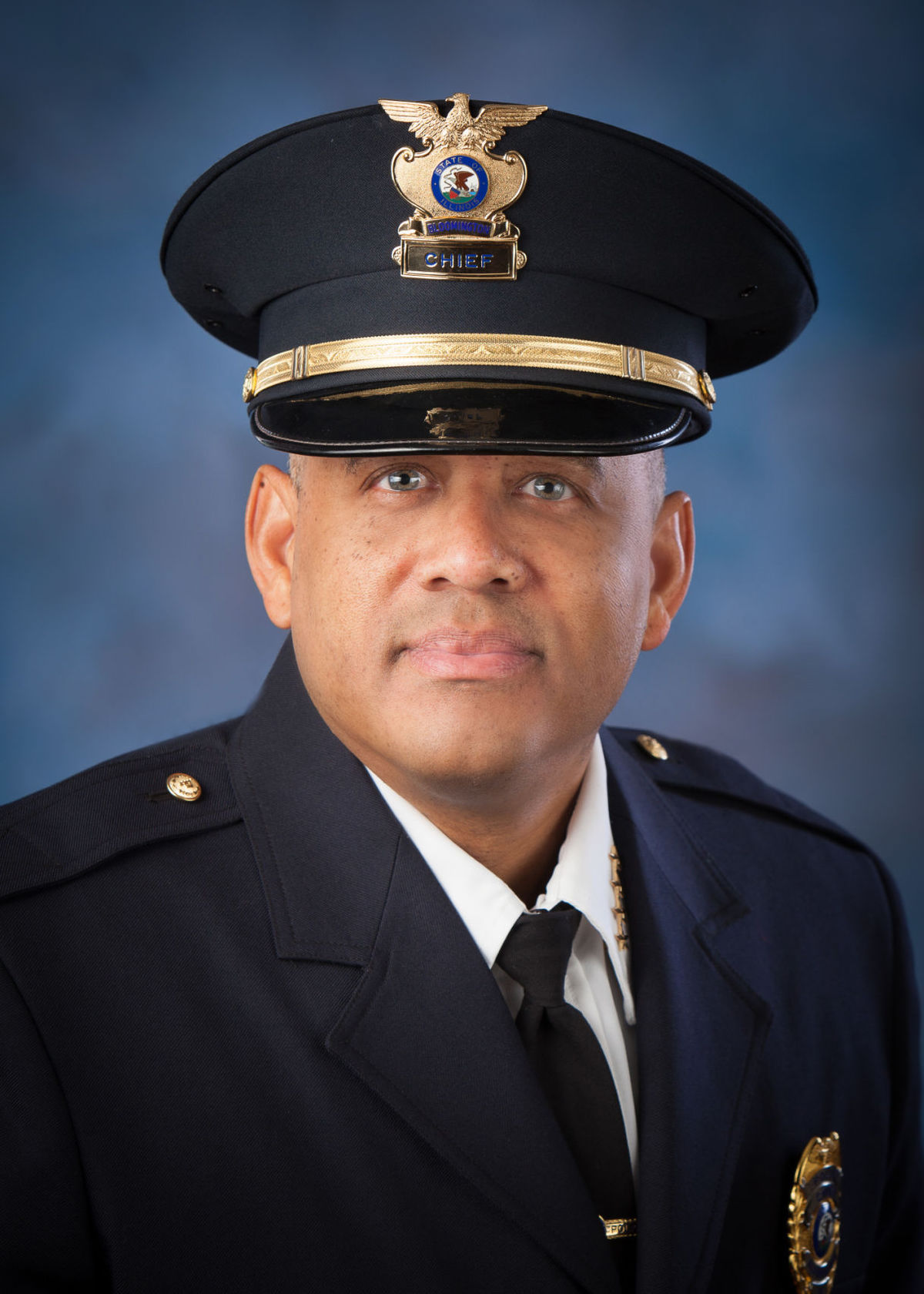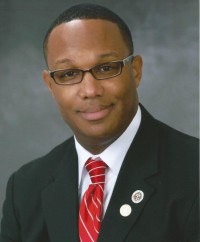The Bloomington City Council is expected to vote Monday night on a proposed ordinance to create a civilian police oversight board, but its membership would not include convicted felons or police officers.
One of the hurdles for some aldermen has been whether to allow convicted felons to serve on the proposed board.
"I think I am not alone in saying that most of us on the council had many, many conversations across the community about this ordinance and how it needed to read and what its focus should be," Ward 6 Alderman Karen Schmidt said Thursday.
"A group of aldermen worked very hard to try and synthesize all of the ideas with the product that we have in front of us now," said Schmidt. "I also think most of us made some compromises on some things.
"But the heart of the ordinance is something I know a majority of us can support," she added. "It provides a structure for us to build a stronger police-citizen relationship. There are a lot of tools in it that focus on helping communication and education across the board."
An alliance of community organizations — including Not in Our Town, American Civil Liberties Union, NAACP, YWCA of McLean County, and Black Lives Matter Bloomington-Normal — has asked for a citizen review board for police. Some community activists also wanted to allow convicted felons to apply and to exclude anyone affiliated previously or currently with law enforcement.
"Essentially we came back to where we were kind of at to start with on those issues — that the felons are prohibited even if they're nonviolent felons and even if (their crimes) occurred 20 or 30 years ago, and no law enforcement officials," said Mayor Tari Renner.
Ky Ajayi, a member of the local BLM chapter, said he has mixed feelings about the revised ordinance.
"I will be glad if a review board is created." he said. "I will be disappointed that people who have been convicted of crimes in the past would not be eligible to be considered for membership on the review board."
If that happens, he said, "people who have served and paid their price to society for whatever mistakes they have made are not afforded full rights of citizenship.
"I think people who have been through the process can bring a unique perspective to the review process."
Police Chief Brendan Heffner previously said he is against felons serving on the board unless someone from law enforcement also is allowed to serve.
Ajayi said he would be pleased if the exclusion of city employees and anyone with current or former affiliation with a law enforcement agency is in the ordinance.
In May, a request by the local Black Lives Matter chapter to create a community board to review public complaints about interactions with Bloomington police officers gained community momentum. Not In Our Town: Bloomington-Normal (NIOTBN), YWCA McLean County, NAACP Bloomington-Normal and the Central Illinois chapter of the American Civil Liberties Union — supported Black Lives Matter Bloomington-Normal in calling for a civilian review board.
In a joint statement, the five groups said many residents, particularly people of color, lack confidence in the process for filing complaints about police officers and in investigations conducted solely by police.
Mayor Tari Renner pledged "a broader discussion about what the overall concerns are, what the issues are, what does our current process look like and what our options are." "One, obviously, is a review board and that certainly will be discussed,” Renner said.
"Black Lives Matter has shared some principles it would like to see shape the board, and hopefully at the committee-of-the-whole meeting the City Council will agree that these are good ideas and should form the basis for a board,” said Ajayi.
Few public complaints are formally submitted to Bloomington police, the groups related, but that fact may be misleading.
"We believe it is dangerous to assume that the low number of complaints filed against officers are a measure of public satisfaction, when it may instead be an indication of public distrust with our current complaint process," according to the groups' statement.
The organizations suggest that "in order to maintain public trust," the review board consist solely of volunteer members of the public to remain an impartial body.
The community groups also recommend expanding the avenues for filing complaints by allowing people to file them directly with the review board, with the city's human resources department or through the current process at the police department.
While the police department would investigate the complaints and make determinations, a review board could provide an avenue for people to appeal department findings they dispute, said the organizations' statement.
"We recommend that BPD make all investigative material related to the complaint available to (the review board)," the groups said.
The board could make nonbinding recommendations to the police chief or city manager to consider, according to the groups.
NIOT member Mike Matejka said people may feel more comfortable taking complaints to a review board, and the review process would be more productive than having people just raise these issues in public forums.
"People constantly voice complaints when we have these large public forums," said Matejka. “It's really not fair to the police because they can't answer an individual situation in front of a crowd."
In mid-June, an alliance of nine community organizations gathered on the steps of the McLean County Museum of History Friday to urge the Bloomington City Council to create an oversight board.
"We urge all council members to vote in favor of it," said Jenn Carrillo, YWCA mission impact director before introducing the representatives who spoke at the press conference. In addition to ACLU of Central Illinois, Black Lives Matter Bloomington-Normal, Bloomington-Normal Branch of the NAACP, Not in Our Town Bloomington-Normal and YWCA McLean County, Central Illinois Pride Health Center, Prairie Pride Coalition, Illinois People's Action, and the McLean County League of Women Voters joined in the effort.
But continued delays in bringing the plan to a vote elicited frustrations in early July
“We are disappointed this process has been delayed once more," NIOTBN member and YWCA Director Dontae Latson stated. "During the June Committee of the Whole session, we heard a majority of council members express support for the passage of the PSCRB ordinance. Council members had ample opportunity to ask questions, offer revisions and raise any outstanding issues with the ordinance during that session. We believed their concerns had been sufficiently addressed in the proposed revisions. The delay raises concern that an already vetted and modest ordinance may be weakened. We remain hopeful the city council will have the courage to vote and pass the PSCRB ordinance.”




















